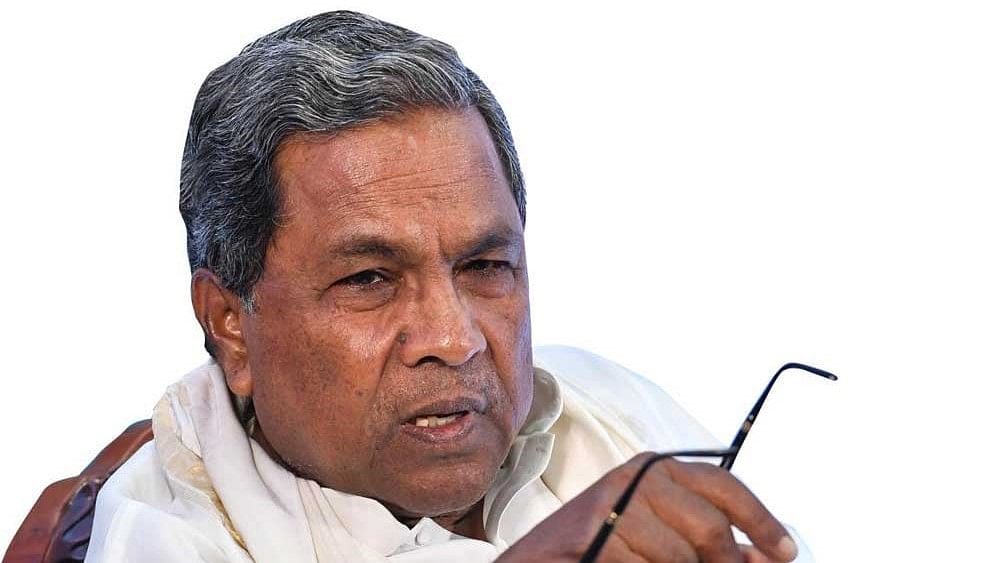
Karnataka CM Siddaramaiah.
Credit: DH file photo
Karnataka is set to see a confrontation between the state government and the Congress on the one hand and the Governor and the BJP on the other over the sanction given for the prosecution of Chief Minister Siddaramaiah over corruption charges related to the MUDA site allotment scandal.
The state cabinet has condemned Governor Thawarchand Gehlot’s decision and decided to oppose it politically and legally. This is the most serious political challenge faced by the Siddaramaiah government after it came to power. Siddaramaiah has said that the Governor’s sanction is ‘’unconstitutional and illegal’’ and would be challenged in court.
He has also said it is part of a conspiracy to topple his government. If the prosecution process gains momentum, it can put some pressure on the government and Siddaramaiah, whose trump card has been his clean image. But it would also help unite the party under Siddaramaiah. The BJP might also want the issue to unite the party under its contested present leadership.
Governor Thawar Chand Gehlot rejected the advice of the Cabinet not to approve the prosecution and said he was “prima facie satisfied” that there was a case for prosecution. The satisfaction may have been more political than substantial, and considering the manner in which Governors are being misused, the charge that the sanction is part of a toppling game may not merely be a political invention.
Using the Governor for that is a low-cost way of effecting a coup, an Operation Kamala without the moolah. When defections are used to topple a government, the victim, even in defeat, is on a moral high ground, but when corruption is the issue, the toppler can even claim a moral victory. The question would arise whether the Governor would consider with equal alacrity charges of corruption against BJP leaders. The fact that he would not do that might expose his partisanship, but it is unlikely to affect the course of action he has taken.
Siddaramaiah’s defence has not been convincing either. Not all questions raised about the allotment of plots for his wife have been satisfactorily answered. The government was not ready to debate the matter in the Assembly, and the commission it has appointed may not go anywhere. But corruption is hardly the issue in the confrontation. It is an excuse first to create a perception and then to launch a battle against the government. In the mirror on the political wall, no one is fairer than any other.
When all of them campaign against each other, what wins—politics, morality, public interest or private adjustment? Would the truth of the matter, which the people have a right to know, ever come out of the commotion? An impartial probe by an agency not under the aegis of the state government is the need of the hour, and will be welcome.